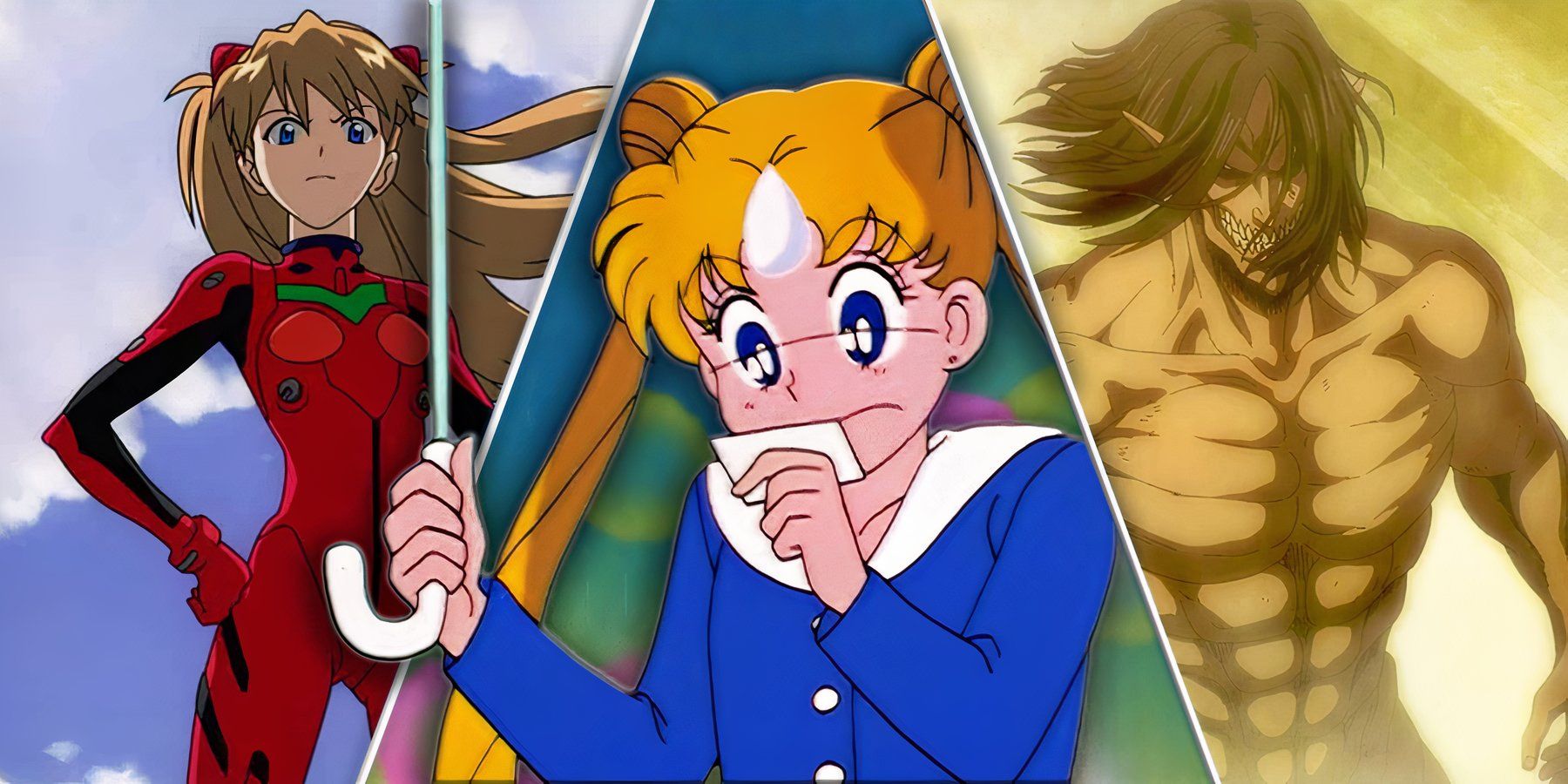
As a huge anime fan, I really believe a good dub can totally elevate a character – and a bad one can ruin them! Seriously, when a dub is *done* right, like with *Cowboy Bebop* or *Fullmetal Alchemist: Brotherhood*, it’s amazing. The voice acting just *fits* – the timing, the emotion, everything! But when the translation is off, or the delivery feels weird, even characters I love can end up sounding…cheap. Cringey lines, awkward delivery, or just a flat emotional tone – it kills all the magic that made the original so special. It’s heartbreaking when a dub just doesn’t capture what made a character unforgettable.
Many dubbed anime characters come across as flat, and it’s usually not the writing’s fault. The problem is that important nuances often get lost when translating and adapting the dialogue. For example, the English dubs of characters like Light Yagami and Vash the Stampede either made them seem less intimidating, amplified their quirks in an unnatural way, or reduced their complexity to simple stereotypes. These aren’t necessarily *bad* voice acting performances, but they highlight how voice direction and localization can drastically alter a story’s impact on the audience.
Light Yagami Went From a Genius Manipulator to a Melodramatic Character
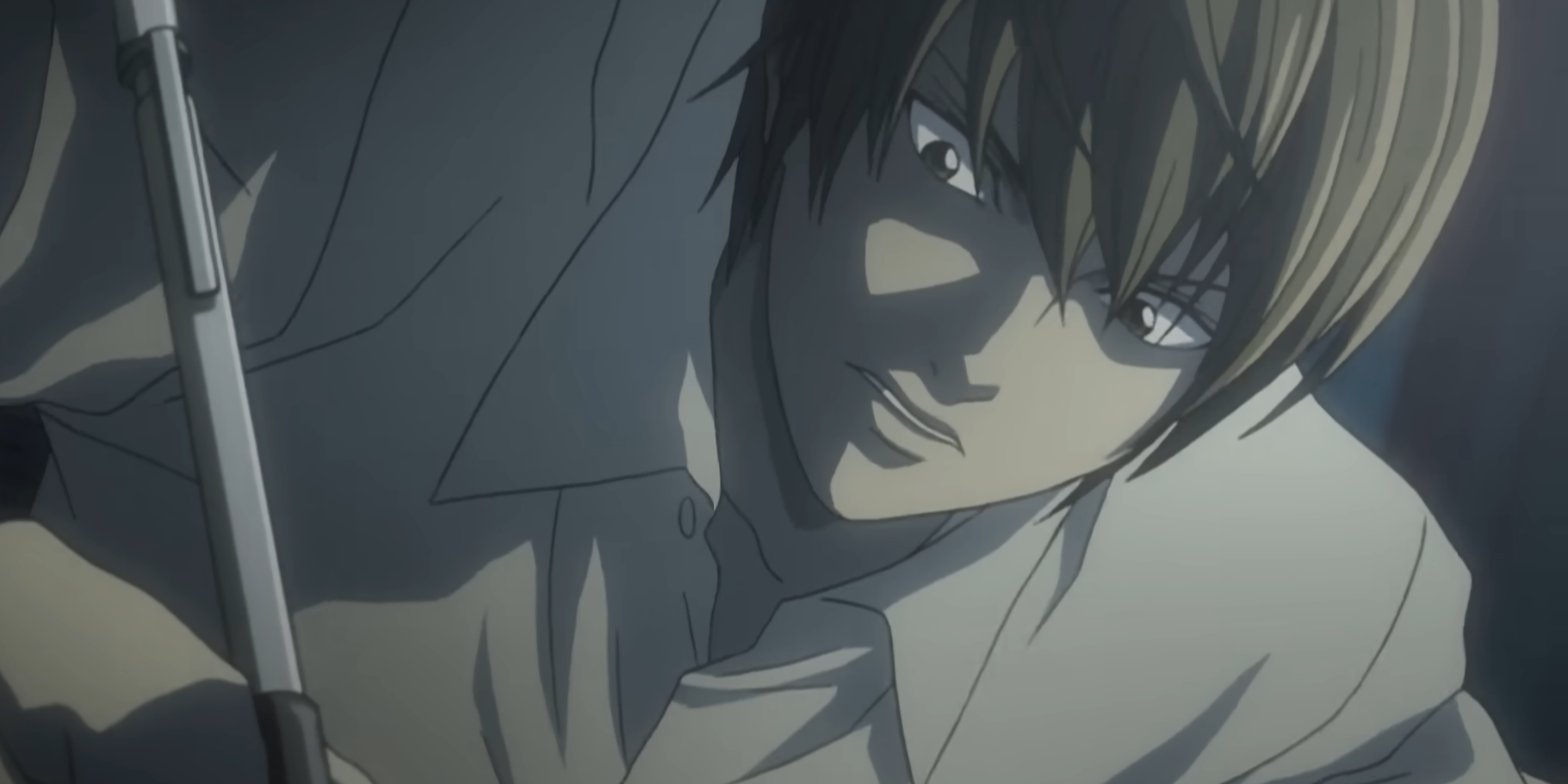
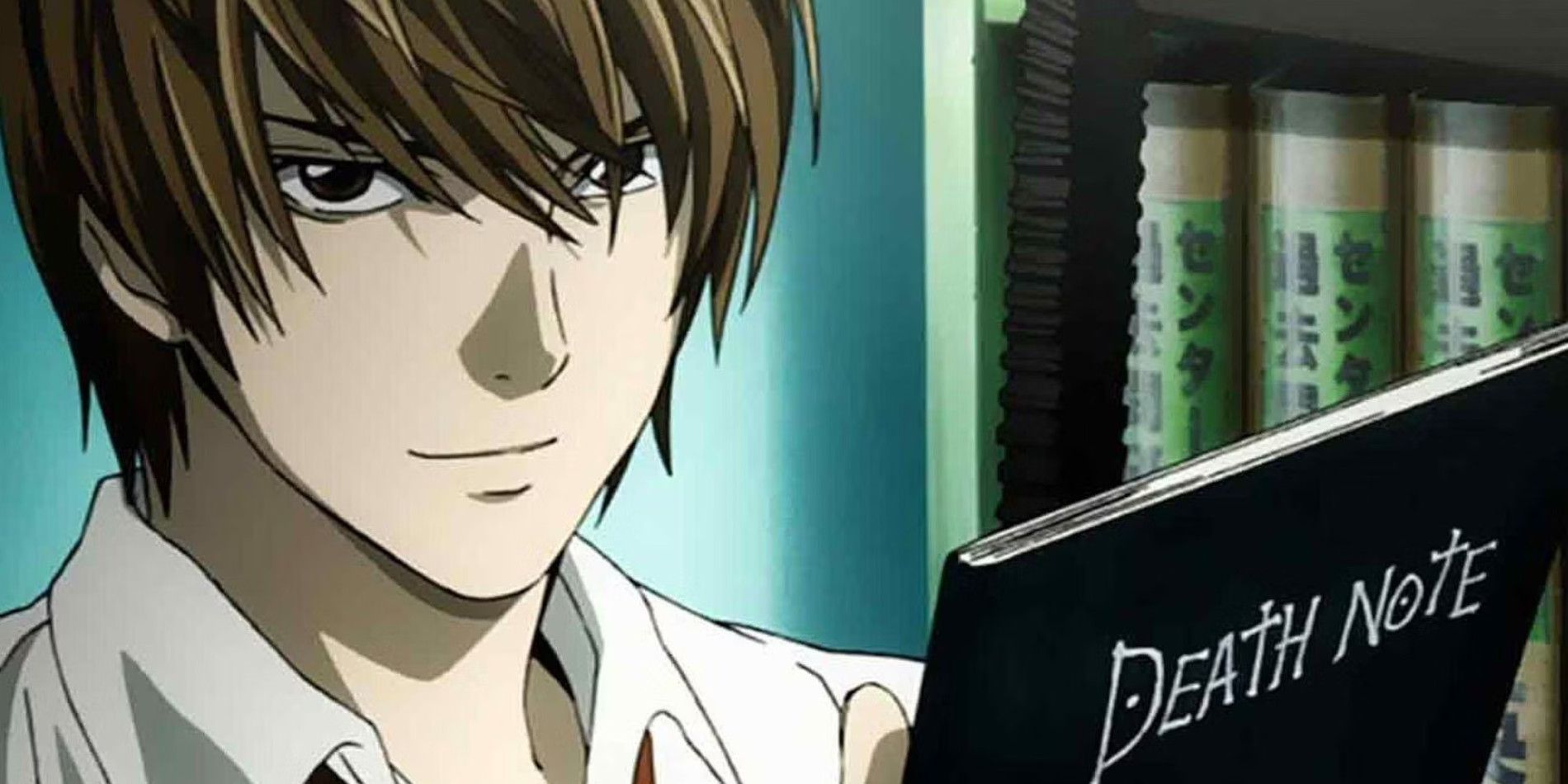
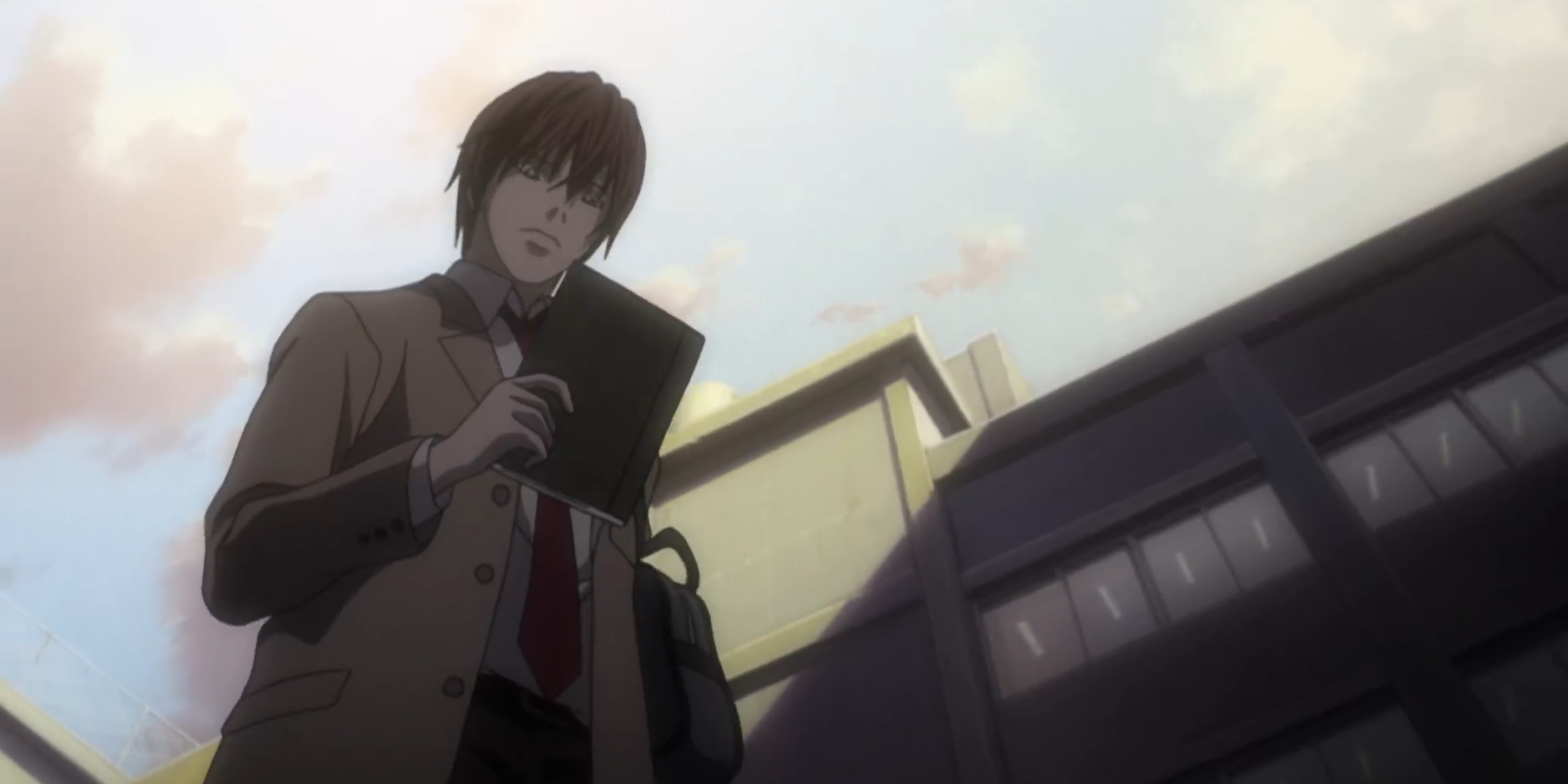
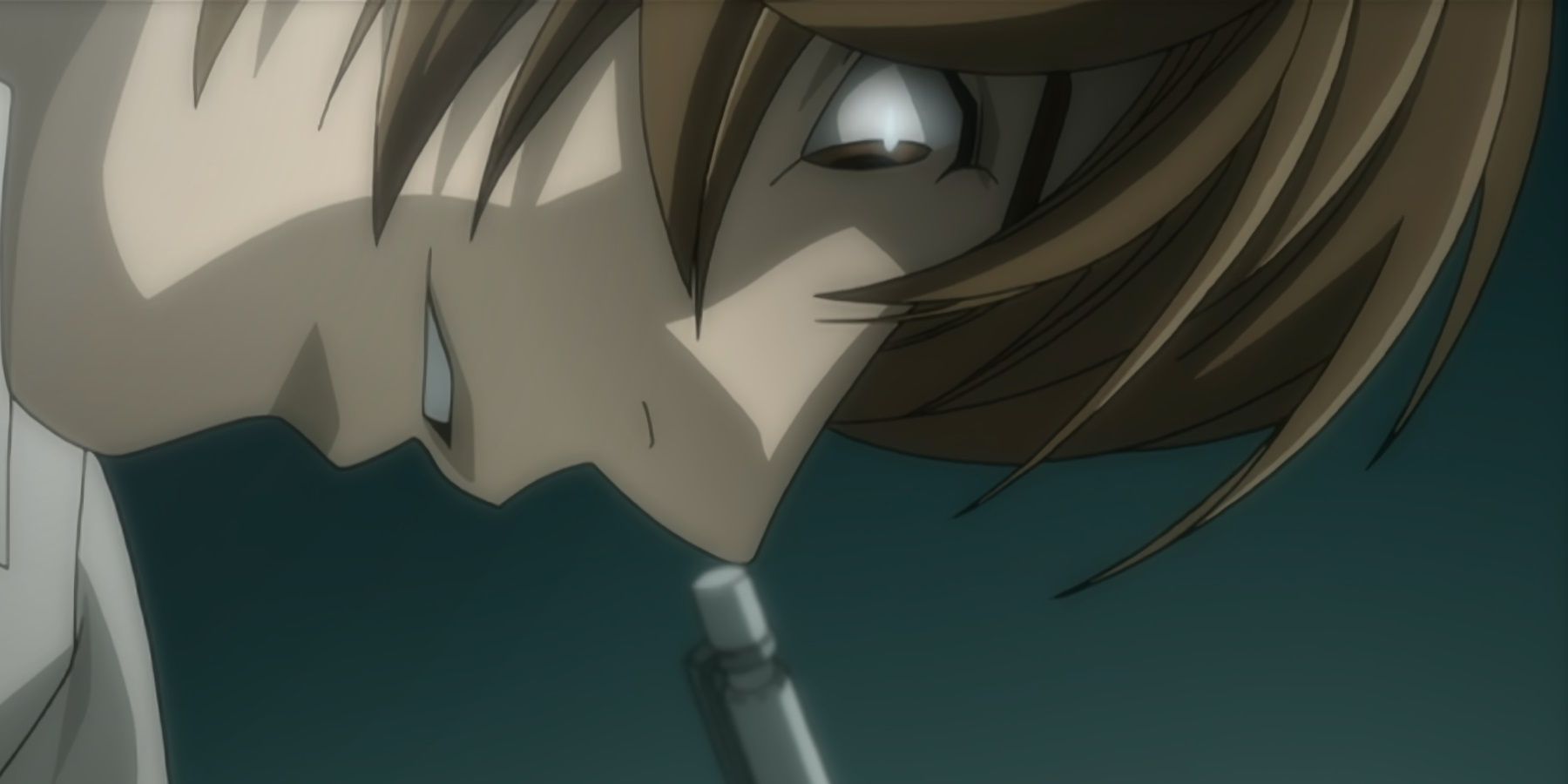
Mamoru Miyano perfectly portrayed the complex shift of a brilliant young man descending into madness as he gained godlike power. His performance made Light’s transformation genuinely frightening. However, the English dub of *Death Note* lost the subtle confidence and charisma that defined the character, replacing it with overly dramatic acting. The famous potato chip scene, instead of being unsettling and building tension, became a viral meme, losing its intended impact.
Brad Swaile’s performance as Light is decent, but the English dub tends to overplay his descent into villainy, making it seem silly rather than frightening. Instead of a realistic and unsettling psychological breakdown, this version of Light feels more like an over-the-top high school actor playing a villain. While it’s entertaining, it sacrifices the quiet intelligence and chilling composure that made Light such a captivating antihero in the original anime.
Asuka Langley Soryu Lost Her Emotional Depth in the English Dub
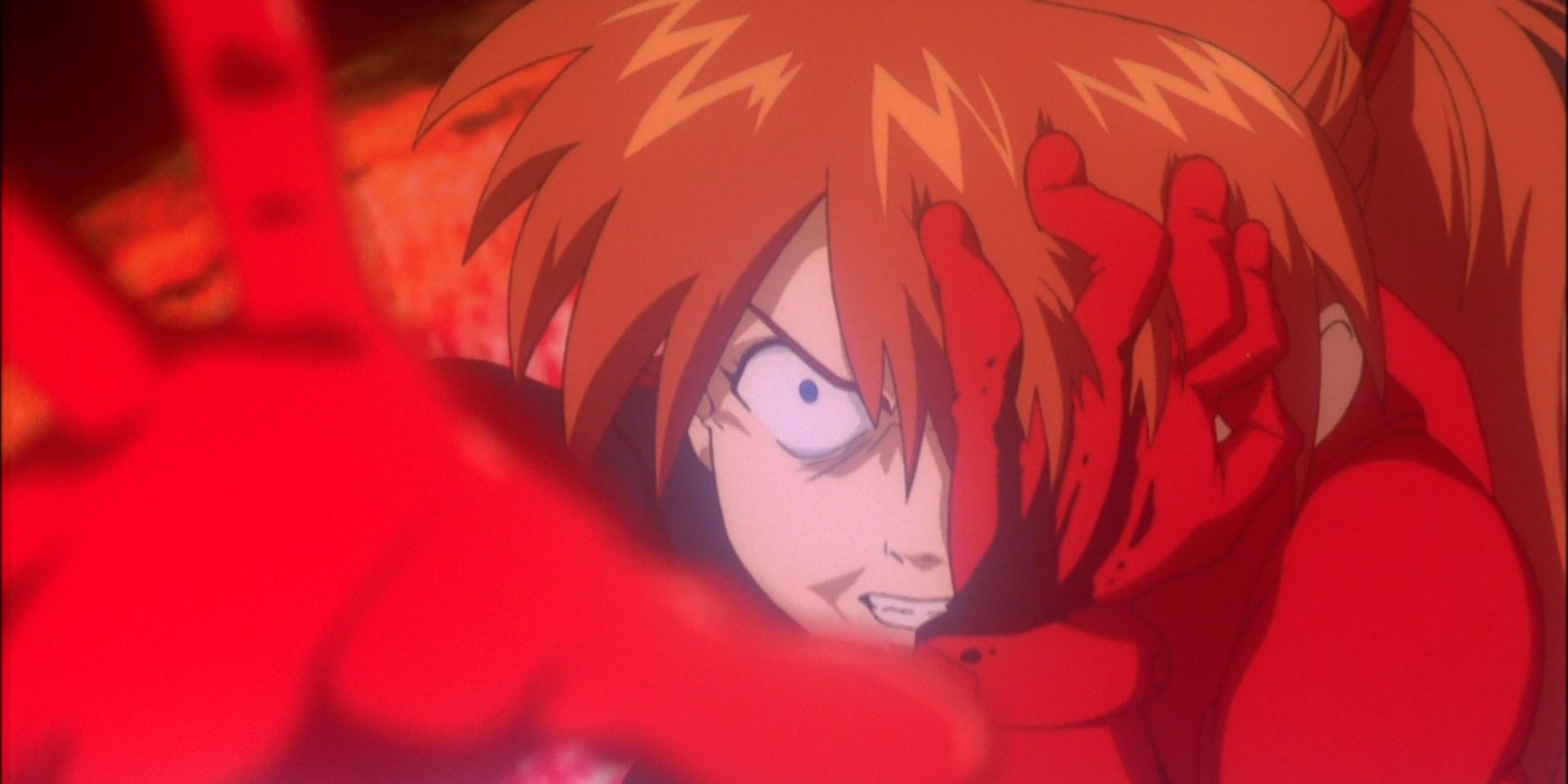
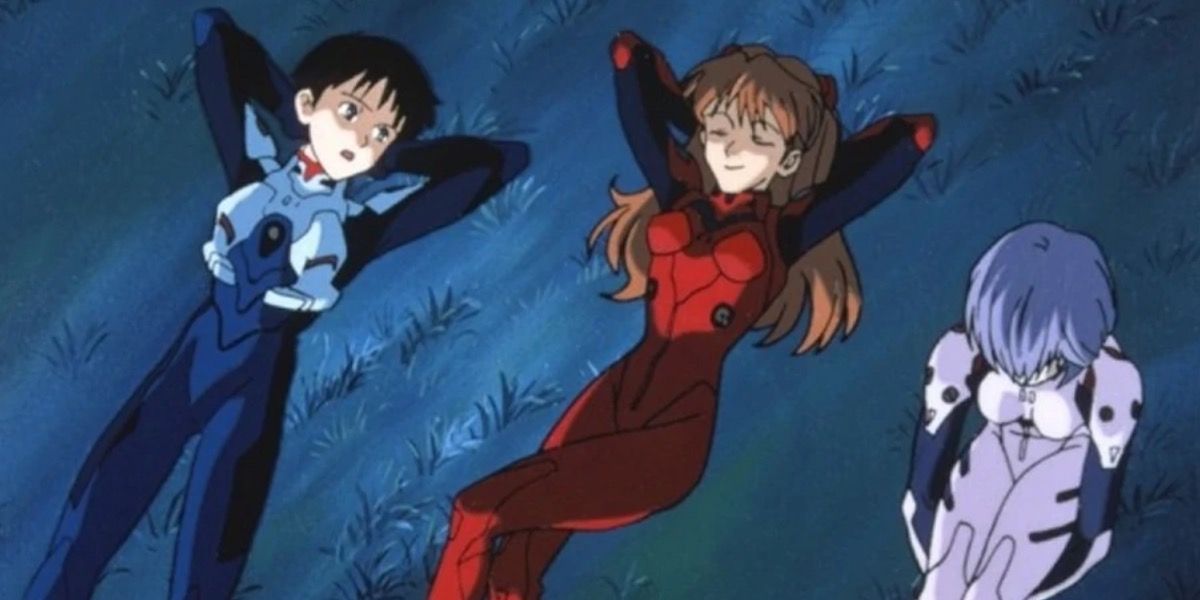
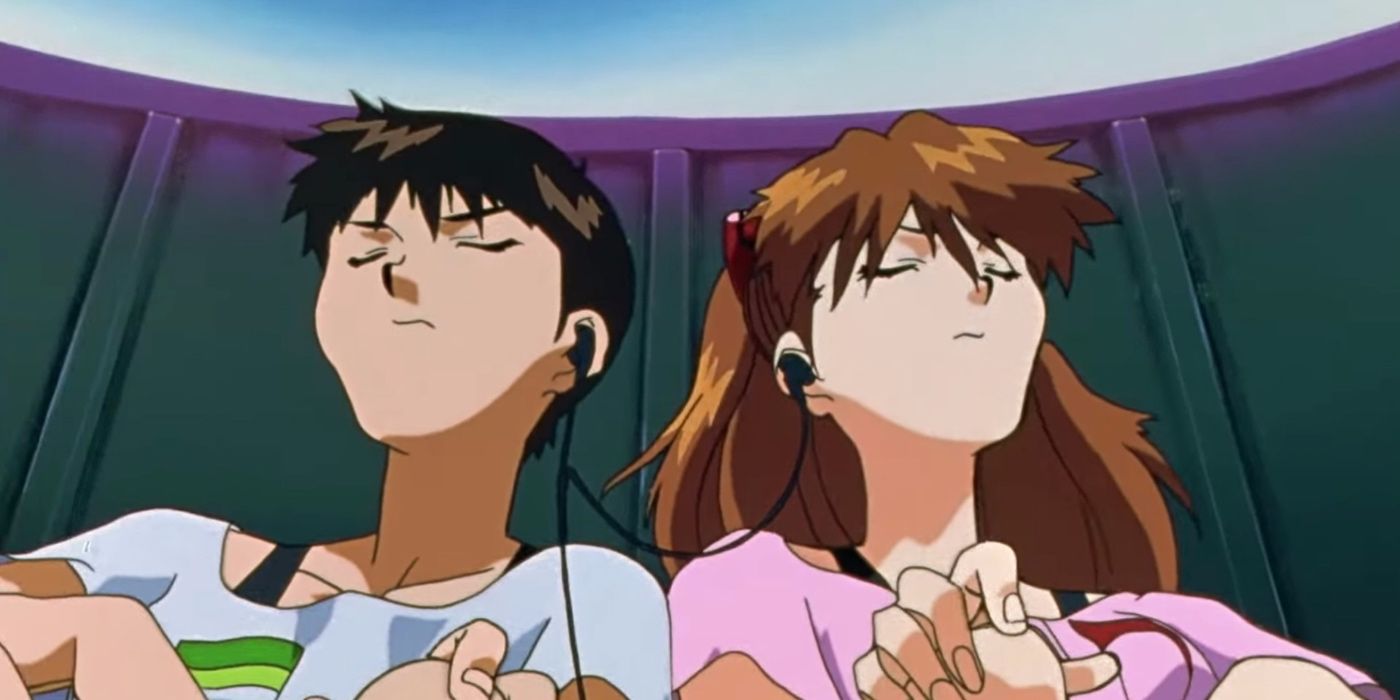
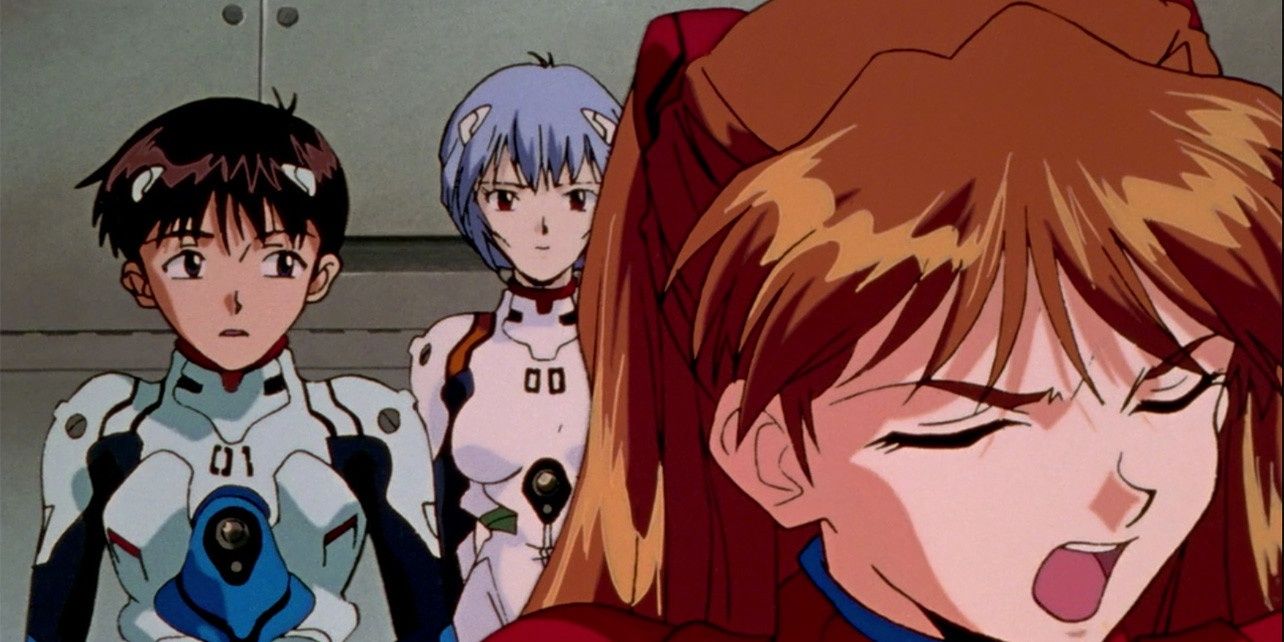
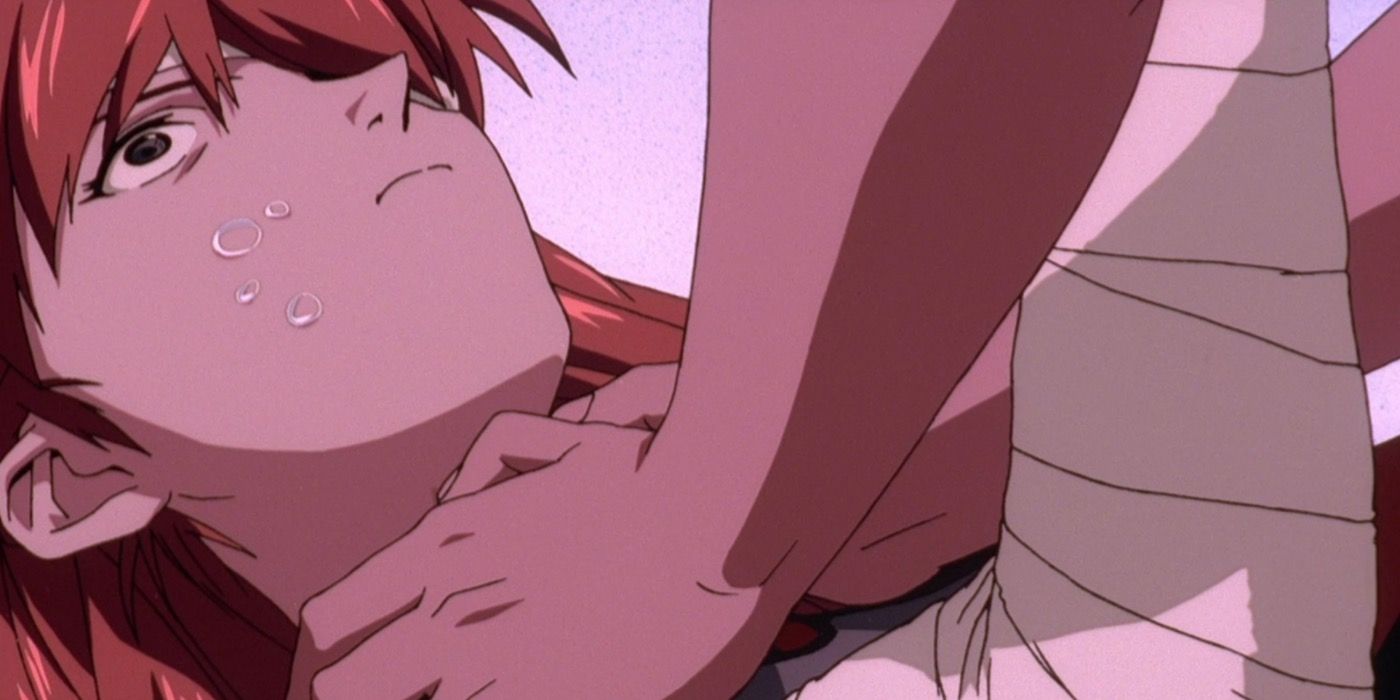
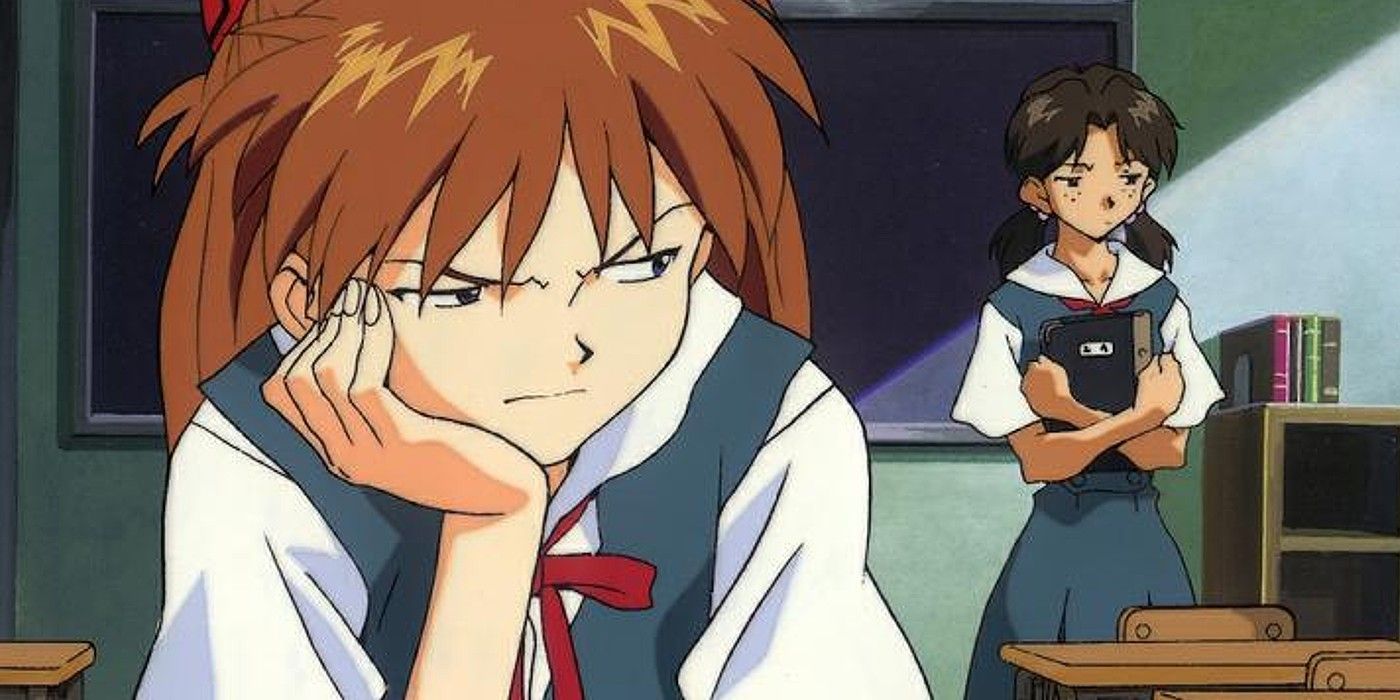
Yūko Miyamura’s performance as Asuka in the original Japanese version of Neon Genesis Evangelion is famous for perfectly capturing a mix of pride, comedy, and hidden vulnerability. Asuka comes across as confident and even boastful, but beneath the surface, she’s deeply lonely. In contrast, the English dub focuses too heavily on her anger. While Tiffany Grant also portrays Asuka’s strong personality, it loses much of the character’s emotional depth, making her seem simply rude instead of complex.
I’ve noticed a big difference between the original Japanese version of *Evangelion* and the English dub. When Asuka cries out in the Japanese release, it really feels like she’s falling apart emotionally. But in the dub, it often just sounds like typical teenage anger. Even her more subdued moments, where you can sense her deep-seated fear of abandonment, don’t hit as hard. It’s a show that relies heavily on mood and nuance, and I think a lot of that gets lost in translation.
4Kids Turned Sanji Into a Joke
The 4Kids dub of *One Piece* is well-known for its changes, and the character Sanji was particularly affected. The dub transformed the cool and sophisticated chef into a strange, over-the-top version of himself, mainly through a ridiculously exaggerated Brooklyn accent. This wasn’t the only issue, however; the dub made several alterations to his character.
The English dub by 4Kids significantly altered Sanji’s character, replacing his cigarettes with lollipops and diminishing his mature personality. While the original Japanese version showcased both humor and thoughtful insight, 4Kids largely removed these qualities. Thankfully, later English dubs by FUNimation corrected this, but many fans still remember 4Kids’ heavily edited version of the character.
DiC’s Dub Drained the Magic From Usagi Tsukino
In *Sailor Moon*, the original Japanese voice actress for Usagi Tsukino portrayed her as clumsy and emotionally open. While meant to be a kind and well-meaning character who grows into a capable leader, the English dub unfortunately turned her into a stereotypical, irritating figure. Her natural enthusiasm and playful side were misinterpreted as childishness, and her dialogue was changed to fit American sitcom conventions, often sacrificing genuine emotion for the sake of a joke.
Usagi’s relationships suffered as well. Her friendships and romantic interests felt over-the-top, like something out of a kids’ cartoon. While some fans fondly remember the older English dub, it’s clear that it diminished Usagi’s appeal. The show’s blend of humor, courage, and character development was overshadowed by an excess of artificial cheerfulness and awkward translations.
Inuyasha Became a Perpetually Angry Teen
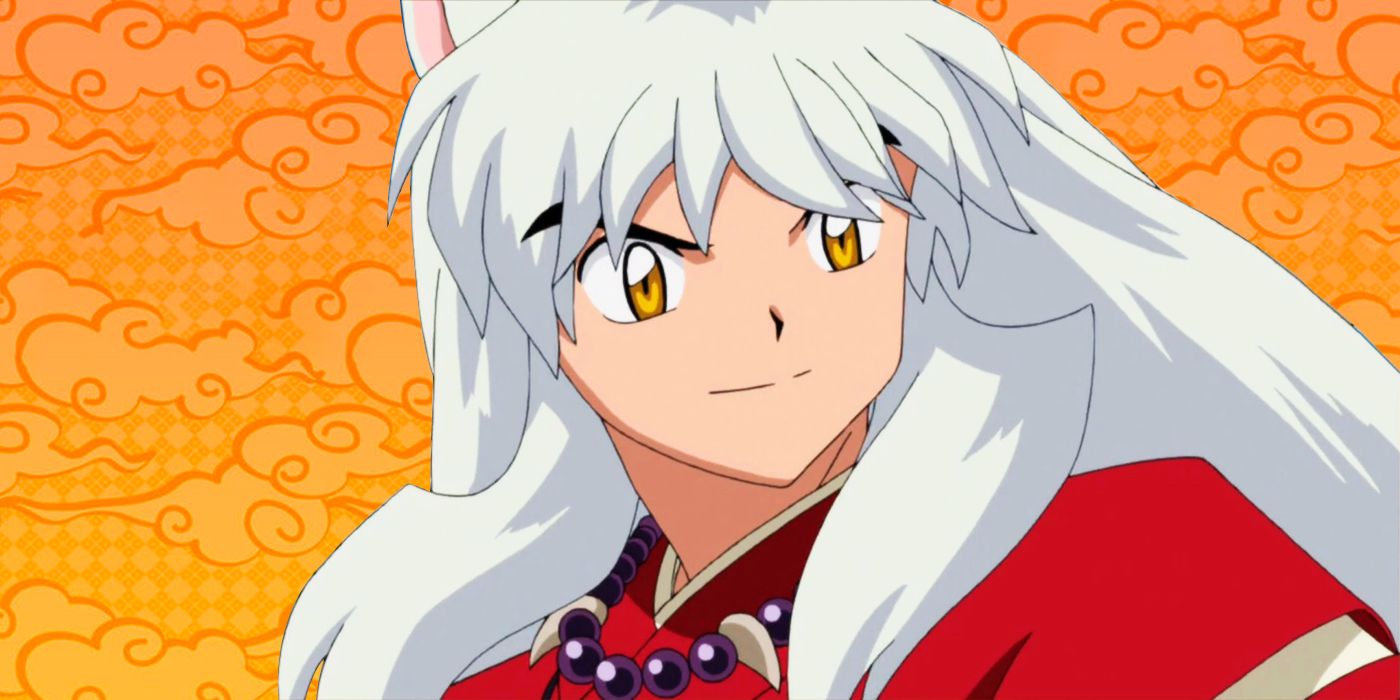
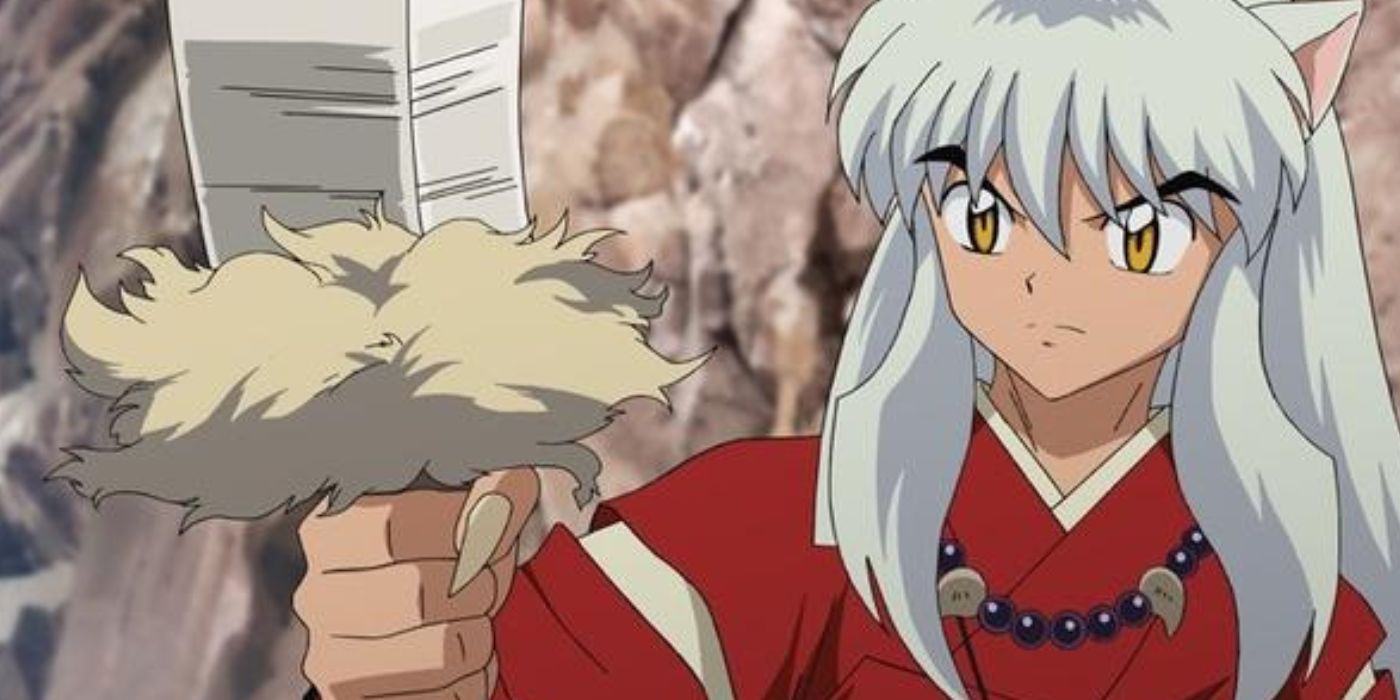
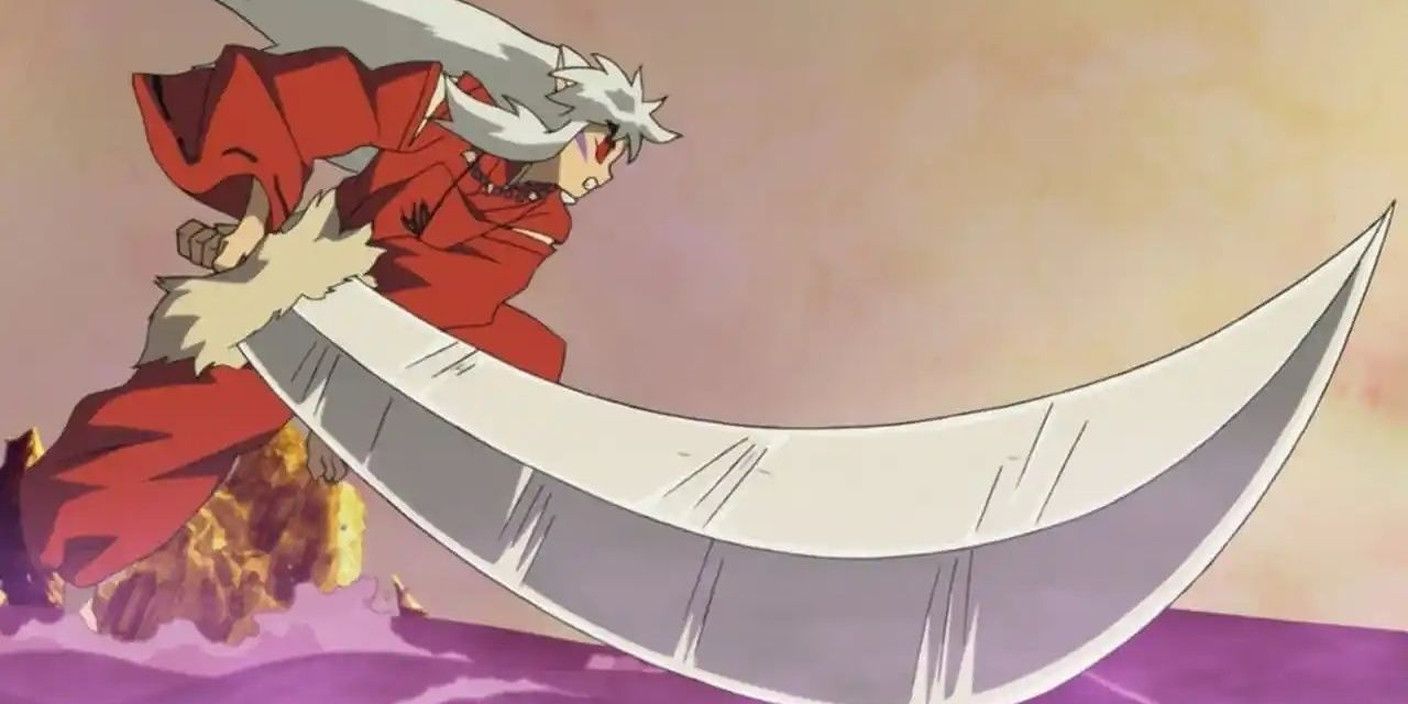
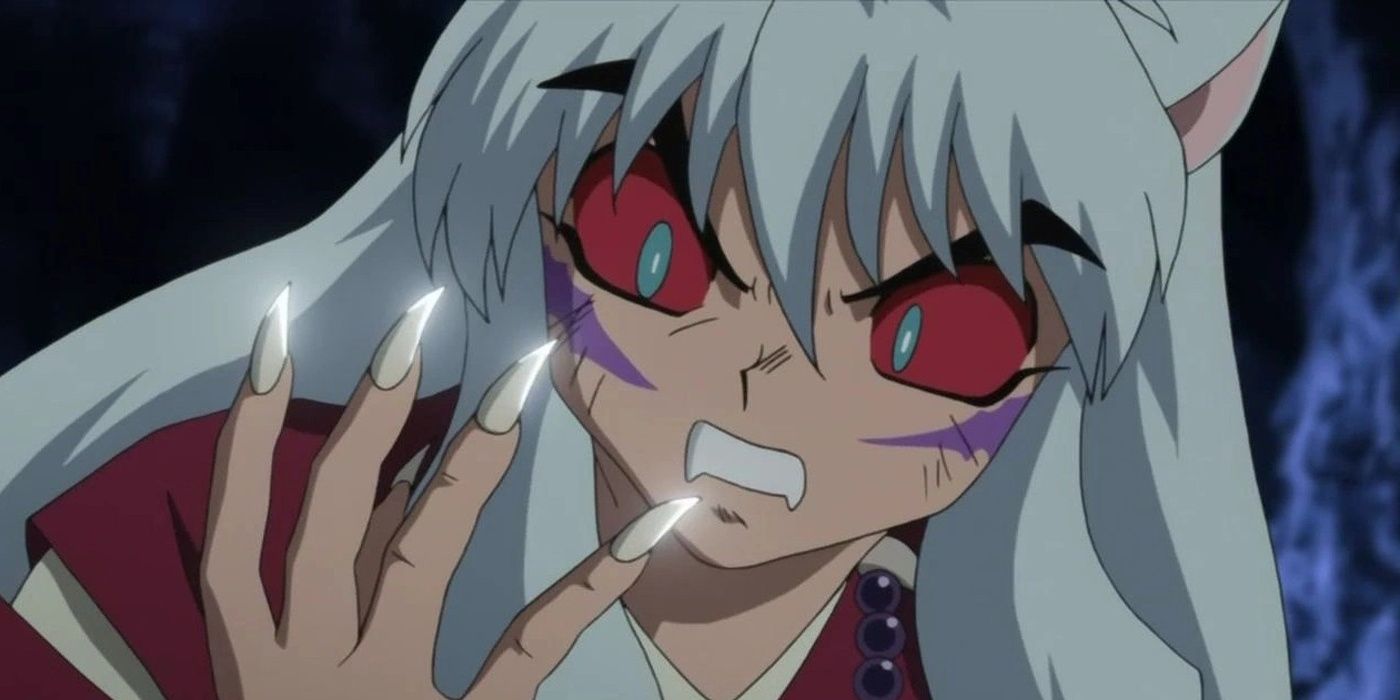
The English dub of *Inuyasha* isn’t terrible, but the voice actor sometimes gives the main character a tone that doesn’t quite match his personality. Richard Ian Cox’s rough voice generally suits Inuyasha’s tough side, but it can be overdone with too much yelling. In the original Japanese version, Kappei Yamaguchi portrays Inuyasha with both pride and a hidden vulnerability. His lines often suggest a lingering sadness, and even his angry growls hint at confusion about human feelings.
The English dub doesn’t quite capture the emotional nuances of the original Japanese version. Instead of portraying Inuyasha as a character with inner conflict and pride, he often comes across as simply annoyed. The frequent yelling hinders his development, and moments that should feel touching end up feeling strange. This removes the contrast that made Inuyasha such a compelling and memorable romantic lead in the original Japanese anime.
Vash the Stampede’s Charm Was Lost in Translation
The 2023 remake, *Trigun Stampede*, aimed for a more modern feel, but the English dub lost some of the emotional nuance that made the original 1998 *Trigun* anime so endearing. While it was exciting to have Johnny Yong Bosch reprise his role as Vash, his performance felt a little flat. In the original Japanese version, Yoshitsugu Matsuoka perfectly balanced Vash’s playful side with his underlying sadness. However, the dub flattened these contrasting emotions into a consistently upbeat tone.
Vash’s jokes don’t land as well as they used to, and when he tries to be thoughtful, it feels flat. This isn’t the actor’s fault; the new dubbing changes the timing and feeling of his performance. Sadly, this makes Vash seem less complex and heroic, and more like a simplified version of himself.
Bleach’s Dub Turned Ichigo Kurosaki Into a One-Note Fighter
Ichigo Kurosaki, the main character in *Bleach*, is appealing because he’s full of contrasts. He’s both serious and witty, self-assured yet clumsy, making him a relatable hero even while battling supernatural creatures and deities. While Masakazu Morita’s voice acting captures this duality well, it sometimes emphasizes a gruff, “tough guy” persona. This makes Ichigo sound older – more like an adult action hero – than a confused teenager struggling to find his place.
The English dub of *Bleach* makes Ichigo seem angrier, but less sensitive. His funny side disappears, and when he’s supposed to be vulnerable, it doesn’t feel genuine. While the dub isn’t *bad*, it simplifies Ichigo’s complex emotions. He comes across as a typical action hero spouting catchphrases, rather than a well-developed character struggling with difficult circumstances.
Makoto Shishio Doesn’t Sound Like a Threat
Makoto Shishio from *Rurouni Kenshin* is a character defined by a tragic past – he was burned alive and remains consumed by anger and a desire for power. The original Japanese voice acting perfectly captures his subtle threat, with each line delivered with a controlled fury. Unfortunately, the English dub overplays this, turning his quiet menace into over-the-top drama. The dub’s harsh voice loses the unsettling calmness that makes Shishio truly frightening.
The English dub makes Shishio sound less like a dangerous revolutionary and more like an amateur villain practicing a speech. This weakens his character, both his deep beliefs and the tragedy of his situation. He should come across as someone whose suffering led to unwavering resolve, but instead, he sounds like he’s trying to impress an audience. It’s a clear case of how the wrong tone can reduce a complex character to a predictable stereotype.
Sephiroth’s God Complex Deserved Better Direction
Sephiroth is widely considered the greatest villain in both video games and anime. He’s known for being cool-headed, precise, and unsettlingly in control. However, the English dub of *Final Fantasy VII: Advent Children* doesn’t quite capture that chilling calmness. While George Newbern’s voice is strong and dramatic, it often doesn’t fit the mood of the scenes. This makes intense moments feel overacted and quieter conversations lose their underlying tension.
Toshiyuki Morikawa’s original Japanese performance of Sephiroth is chillingly precise, like a honed blade. However, the English dub prioritizes a forceful performance, making Sephiroth *seem* intimidating instead of genuinely *being* frightening. This sometimes feels unnatural for the character and clashes with the tone of the original anime, making the villain feel strangely out of sync.
Attack on Titan’s Dub Misses the Humanity Beneath the Rage
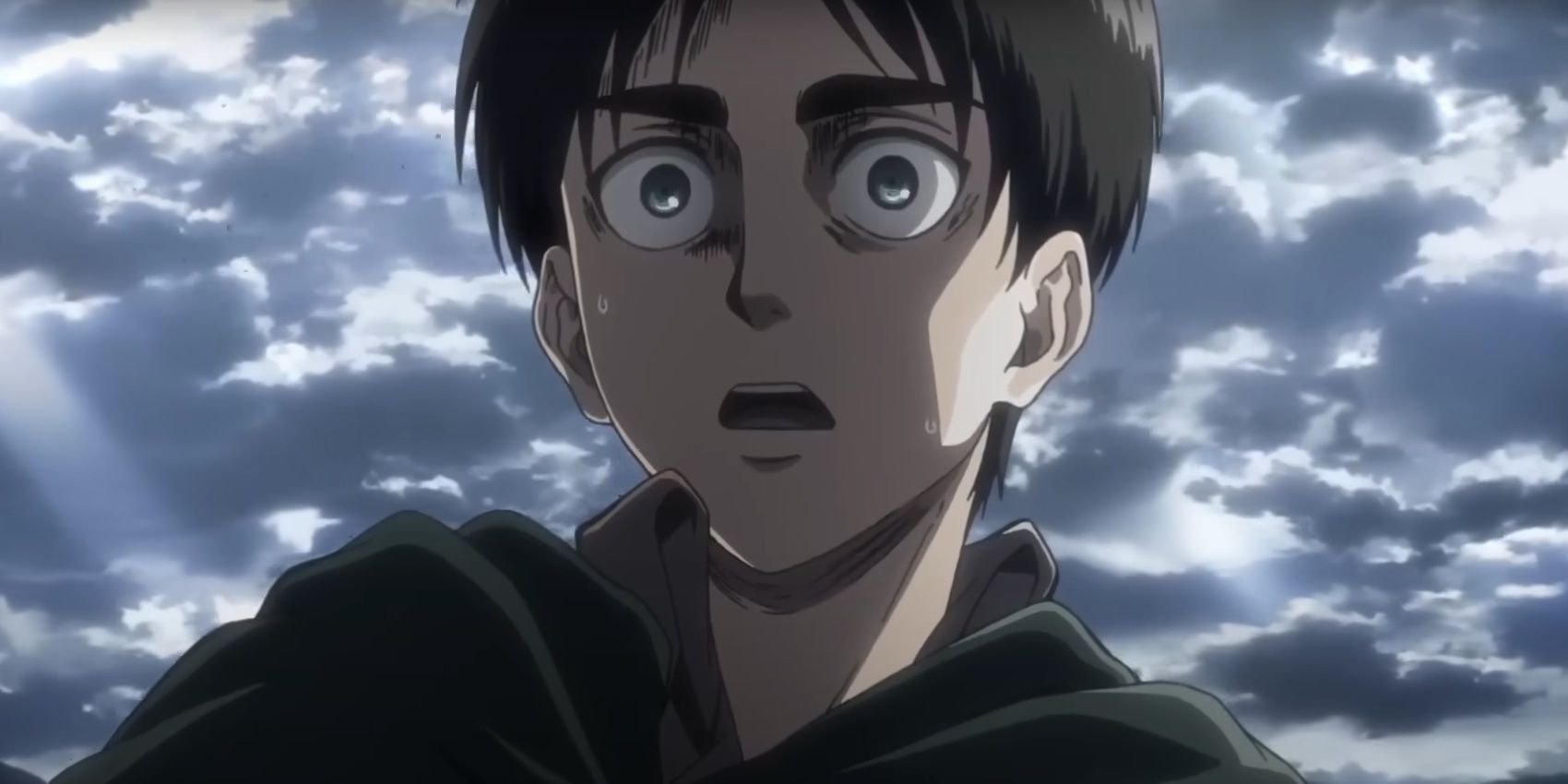
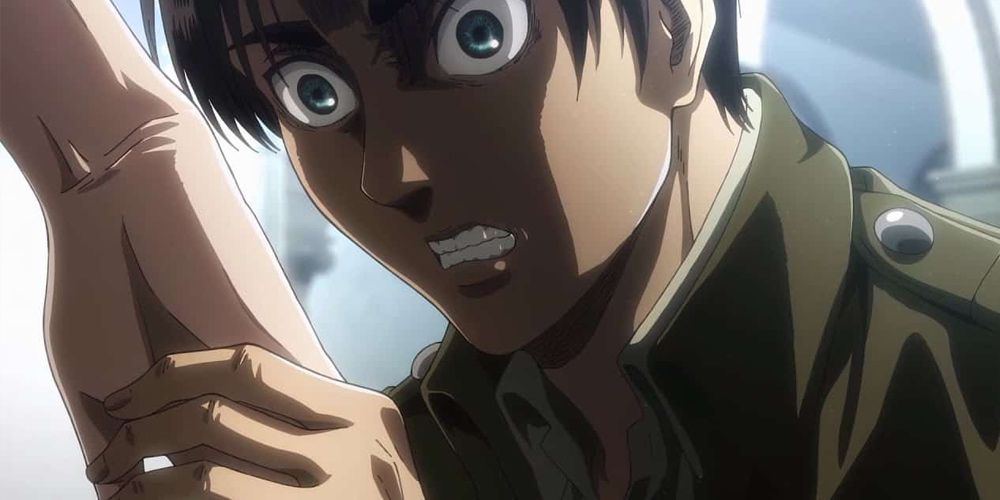
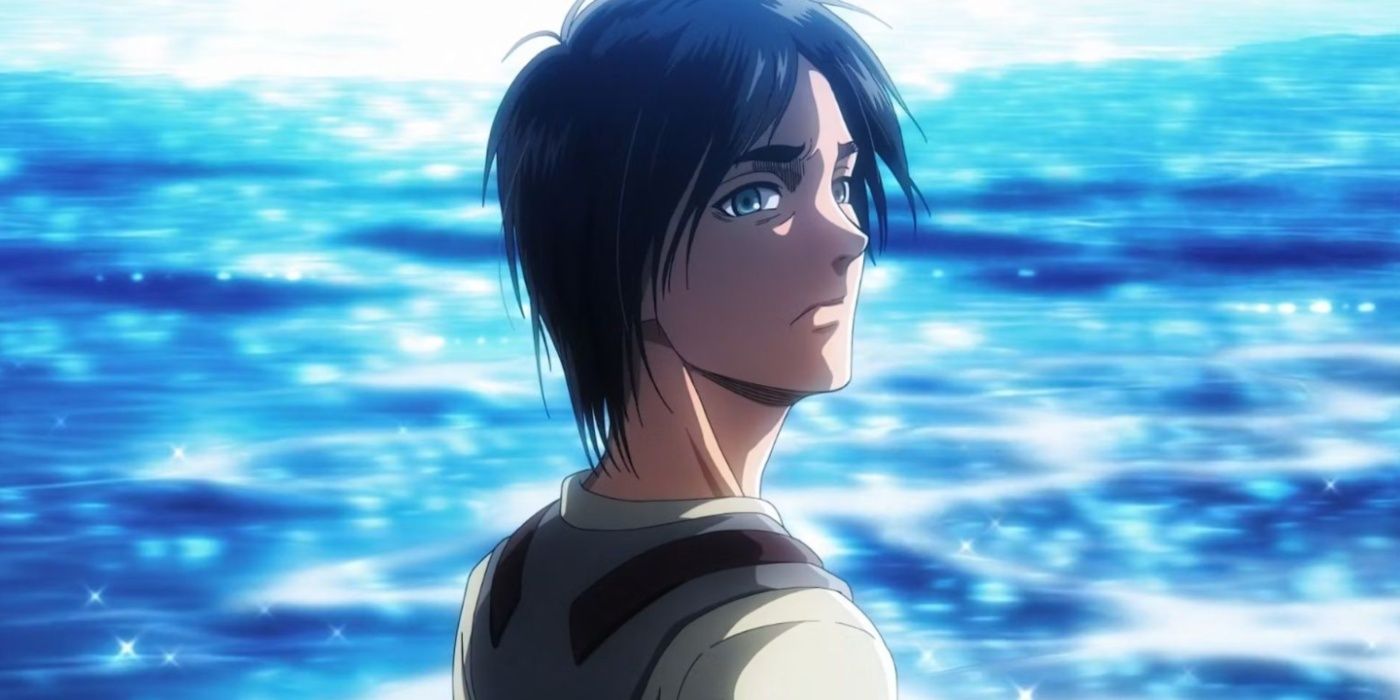
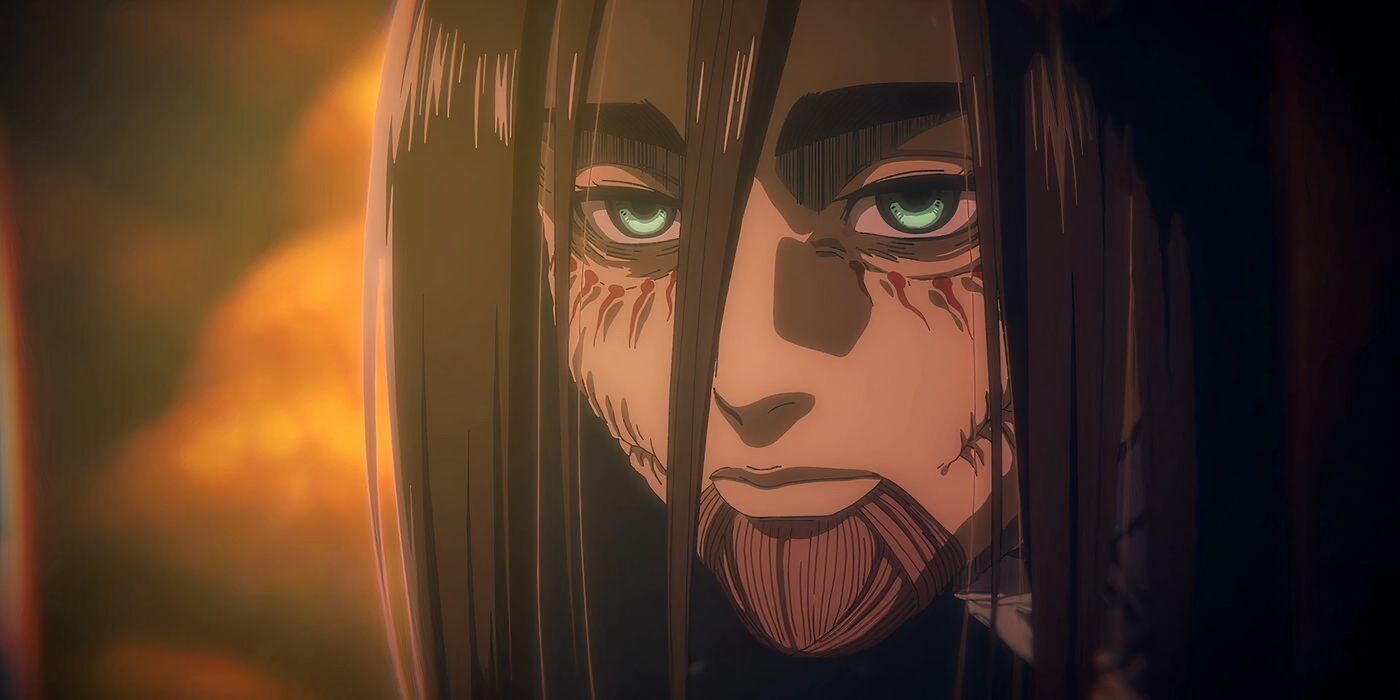
The power of Eren’s character in *Attack on Titan* relies on portraying his emotions with nuance – his anger always needs to feel like it stems from deep pain. Yuki Kaji, the Japanese voice actor, perfectly captures this delicate balance, showing how a boy’s desperation can turn into obsession. However, Bryce Papenbrook’s English dub often relies on simply raising his voice, rather than conveying genuine emotion. This makes Eren’s anger sound repetitive and his calmer moments lack the fear and guilt that make him a relatable character.
In the original Japanese version of *Attack on Titan*, Eren’s internal struggles and sadness are clearly conveyed through uncertain tones. However, the English dub often makes him sound confident, even when he’s grieving, which undermines his character arc. As the series gets more intense, this difference becomes increasingly noticeable. The English dub portrays Eren’s downfall as simply being strong and assertive, rather than a genuine psychological breakdown, leaving his tragic journey feeling hollow.
Read More
- Five Nights At Freddy’s 2 Review: The Video Game Movie Sequel Limbos Under The Low Bar Set By The First Film
- Black Phone 2 Ending & Grabber’s Fate Explained
- ‘And Then The Chesty One Comes In.’ SNL’s Cut For Time Sketch Hilariously Reimagined Sydney Sweeney And Zendaya’s Euphoria
- George Clooney Has The Best Reaction To The Viral Louvre Heist Following Ocean’s Eleven Comparison
- Прогноз криптовалюты USD1: прогнозы цены USD1
- Прогноз криптовалюты BNB: прогнозы цены BNB
- 10 Times Lex Luthor Gained Powers
- The Western That Launched Kevin Costner’s Career Is Finally Streaming For Free
- Why Hopper Doesn’t Trust Kali in Stranger Things Season 5
- The Rising of the Shield Hero Season 4 Episode 4 Release Date, Time, Where to Watch
2025-10-15 06:43